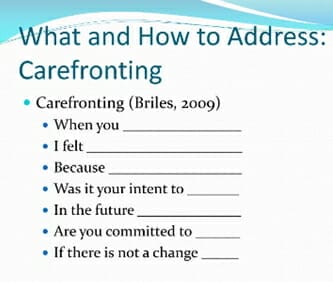By Judith Briles
You may have been overloaded with a tsunami of activities and gatherings personally and professionally as last year came to an end. Most authors I know were.
It’s another new year, and another new decade; how about a new you? Are you ready to jucilate? Okay—I made up that word. (Hey—claim yours, it’s called being creative. For me, that’s jucilating!)
jucilate verb (ju•ci•late): the art of creating new ideas that intrigue others and catch their eyes and open their ears.
For me, I want all the above—it doesn’t matter if I’m working on nonfiction or fiction. I want my ideas and the words that I use to be juicy-like chewy-like. So the reader will stop and pause as I present a concept or a key point. How about you?
Sometimes morphing a word creates one that becomes a tell all. Every year, go-to resources such as Websters and Cambridge add “new words” to their master dictionaries. Some are new-new; others have a new meaning. Recently added were:
ghost gear noun (goʊst.gɪr): fishing equipment, such as nets and lines, that is abandoned in the ocean and takes several hundred years to decompose, thus causing harm to sea life and the environment.
seacuterie noun (siːˈkuː təri): an assortment of cold fish and shellfish, cooked or prepared in different ways.
In 1987, I published my first book on the topic of women undermining women: Woman to Woman: From Sabotage to Support. At the time, I thought it would be the only book I wrote on the topic that was based on my dissertation—”Ethics: do women undermine other women?”
Little did I know that it would seed a 30+ year speaking and consulting career that took me to 50 states and to 20 countries as “the expert”. It seeded five other books, the last on the topic; Stabotage: How to Deal with the Pit Bulls, Skunks, Snakes, Scorpions, and Slugs in the Health Care Workplace.
I was dealing with conflict resolution without putting the conflict resolution label to it within a female dominated environment. The narrowing of my audience: the health care workforce came to me with book two—we need your help voiced from health care executives nationwide. Those five books sold a million copies at full retail price.
I took the old conflict resolution model and created a new model of confrontation. I jucilated! The “Briles Carefronting Model” began to buzz within hospitals and nursing associations. Bookmarks were created with the words and the “how to” use them—a laminated tool with a purple tassel. And, they weren’t freebies—I sold them for $5 each (10 for $40 wrapped in a purple ribbon)—many thousands of them.
When I spoke at events, participants would ask me to help them with their words to “carefront” a coworker, even a manager, or a manager to a staff member. And I did. Many health care professionals would ask for permission to use my model and surveys in their own research. And I always said yes.
Later, my work began to appear in other speaker presentations. For the heck of it, I did a Google search as I wrote this month’s column and several slides from other speakers popped up citing my work:
Incivility in Nursing Education: Using The Joint Commission Sentinel Event Alert #40 as a Springboard for Action – PowerPoint PPT Presentation

What concepts, ideas, word variations are floating around you that could create a buzz factor?
If I hadn’t been jucilating, chewing on how to better connect with my readers and my audiences, I wouldn’t have come up with the Briles Carefronting Model.
How about you? For nonfiction authors, what can you claim as yours, or what can you take that is known and add a unique twist to it stamping your name with it? For fiction, you can play with words and descriptions that your characters can use.
Okay, again, I may be stretching it a tad. Yes, your words need to be clear and to the point and woven with other words that will connect, intrigue, do the tell—you name it. As you write your book … as you create marketing copy.
- Do your words connect with your reader?
- Do they make the reader want to read just one more chapter before turning off their light … then one more?
- Do your words deliver intrigue with a hint, reveal or even a wink of the eye to the reader?
- Do your words force the reader to do a copy/paste and look up what they mean online or reach for a dictionary, scratching their head?
Words are powerful. For you. For your reader. For your book’s success. Celebrate them. Use them. Create them. Start jucilating.
Photo: BigStockPhoto


